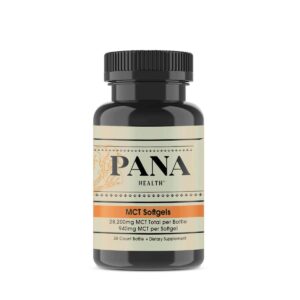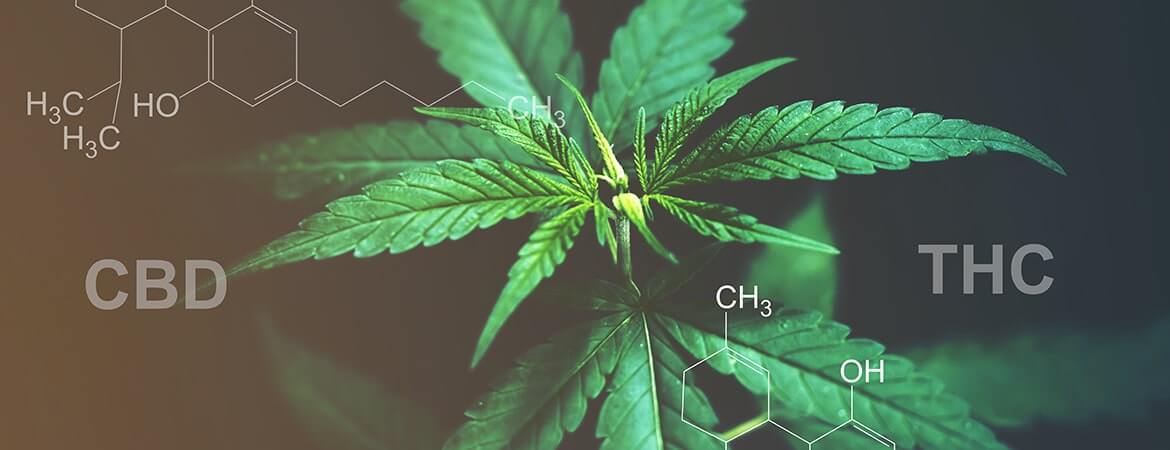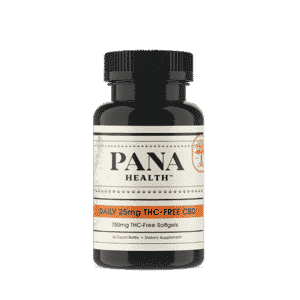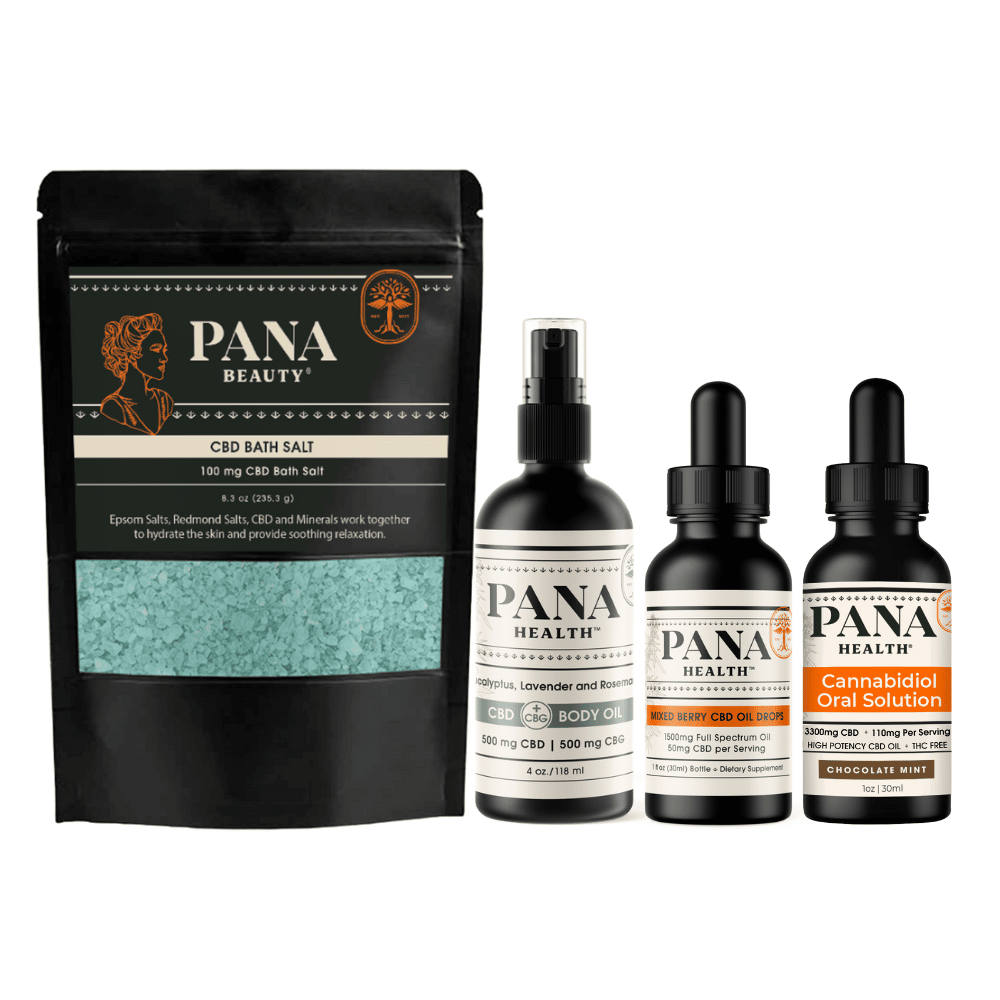In this day and age, people are looking for alternatives to commercial medicines and using them to control inflammation and discomfort. Especially focusing on joint support, as it is a daily occurrence in many people’s lives.
People are looking to control inflammation in old age, after an injury, or even after certain surgeries.
There may be a solution!

Cannabidiol (CBD) may offer a great way of managing inflammation within the body.1 Let’s find out more about this compound and how it can be used.
What is CBD?
CBD is a compound that exists in the cannabis plant. It is extracted and added into a carrier oil like coconut oil or palm oil.
It is offered in many different potencies, which people use depending on their needs. CBD has been reported to have many beneficial properties that tackle psychological issues, mood disorders, joint support, and, of course, inflammation.2
How CBD responds to inflammation in the body
It is essential to know how the CBD compound functions in the body. Firstly, it is necessary to understand that CBD is not the same as THC (Tetrahydrocannabinol). THC is psychoactive and tends to produce a ‘buzz’ like feeling, while CBD has a calming effect that is not the same.
The CBD compound enters the body and reacts with your pre-existing Endocannabinoid receptors, which are present within the Endocannabinoid system (ECS). Endocannabinoid receptors may respond to CBD when it enters the bloodstream or when applied topically to the skin.
The ECS helps to regulate many things in the body, which includes the immune system, sleep, and more importantly, discomfort, which is why CBD may be a useful tool to cope with inflammation.
How to use CBD for inflammation?
There are multiple ways CBD may be used for its anti-inflammatory properties. It is important to be slighlty cautious about dosages and the type you use. There are CBD oils, topical creams, edibles, and a lot more.
Usually, people use topical CBD oils and creams for inflammation. Using topical creams allows one to rub the formula on the affected area and gradually let the compound to sink in. This way, it can react with your endocannabinoid receptors just below the epidermis.3
There are also edible CBD oils, which are much more potent and can work faster than topical ones as they get absorbed into the bloodstream. People have started to use CBD oils in their daily food, tea, and coffee as well.
What kind of inflammation could CBD help relieve?
Many kinds of inflammation can occur within the human body. Some might be a result of an injury, while others have an on-going occurrence in old age. However, CBD’s anti-inflammatory properties may aid in managing mild to moderate cases.4
Here are a few cases that CBD may help relieve inflammation or discomfort:
Arthritis
Arthritis is when a person’s joints are inflamed and start to cause them discomfort while moving. This movement may be as simple as clenching your fist or walking. It is a terrible condition to live with and may struggle with it every day.
A 2016 study done with CBD on rats showed a lot of promising data. Researchers used CBD gel on rats for four days, with the dosages varying between 0.6, 3.2, 6.2, or 62.3 milligrams each day.
The results showed a significant change. There was reduced inflammation in the joints and the discomfort the rats experienced. The researchers also noted for side effects, but there were none.
Rats with an ideal dose did better on the discomfort scale as compared to those who received less. This conclusion means more does not always mean better; it should be just right, adjusted according to your age and weight.
Migraines
One of the most common discomforts people experience is migraines. A migraine is when one specific side of your head starts aching, and the strain can end up making someone nauseous and inevitably throwing up.
While studies done on CBD and migraine are limited, some data shows how it can help manage such headaches.
A 2017 study done by the Congress of the European Academy of Neurology in Amsterdam indicates that CBD and THC may help cope with migraine discomfort. It makes it a less intense experience for people experiencing a migraine.
Volunteer test subjects who regularly experience migraines were administered a 200mg dose of 19% CBD. The results were that acute discomfort dropped by a whopping 55%.
When the daily dose was 200mg, the reported migraine attacks fell by 40.4%. This research shows how CBD may be more effective than Amitriptyline and tricyclic antidepressants, which only reduced the occurrence of migraines by 40.1%.
Could CBD be the best option for you?
CBD has anti-inflammatory properties. It does not have ‘addictive’ qualities, and people can use it in the long term as well.5 Many pain-relieving opioids and drugs tend to form a dependency and drastic side effects like mood disorders and more.
Though side effects are not often reported, it is important to remain cautious of possible CBD side effects as well.6 Some people may experience dizziness, fatigue, or diarrhea if they are new to the compound. This also may be your body adjusting to CBD.
It is recommended that you consult your local physician before starting to take CBD and keep a strict check for any reactions during the first few days that you take it.













